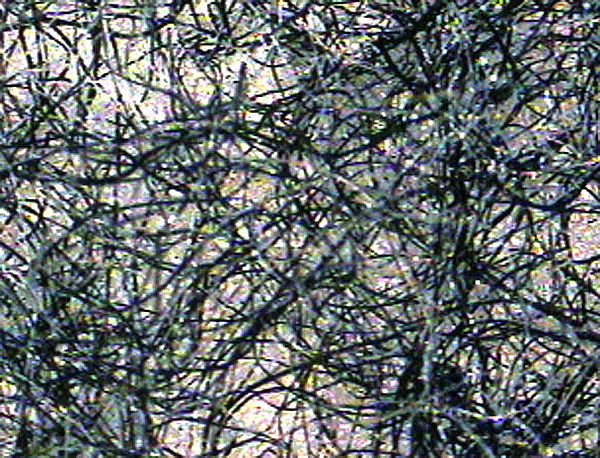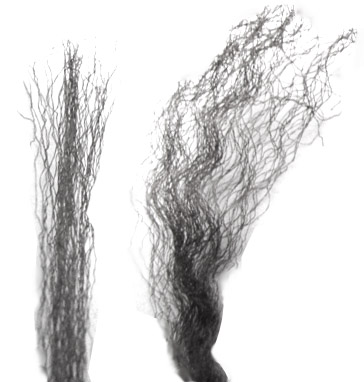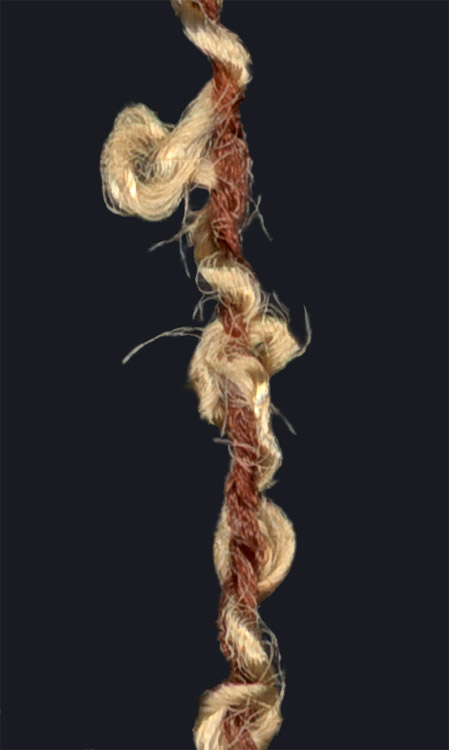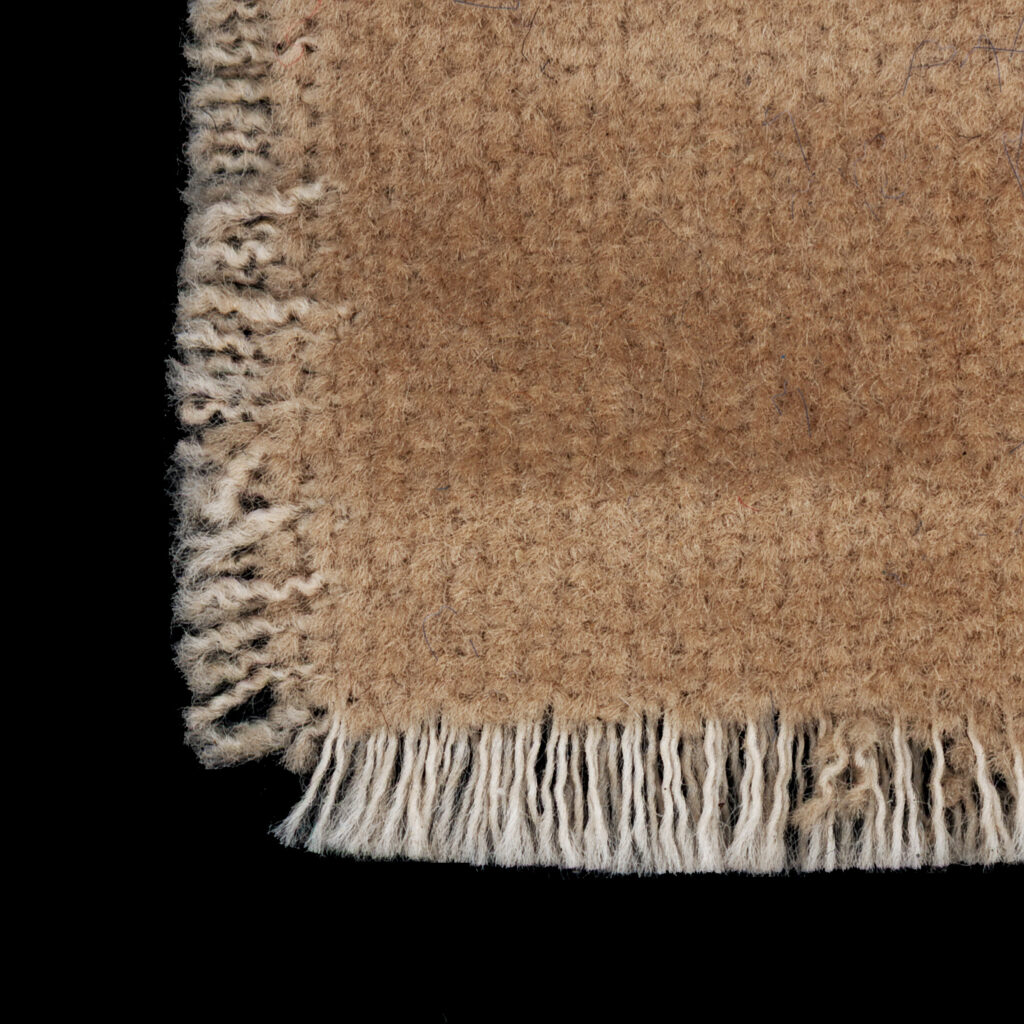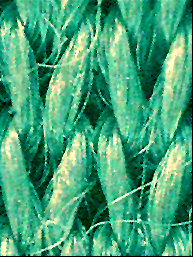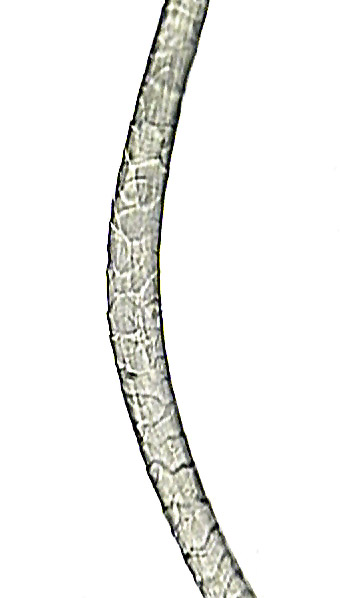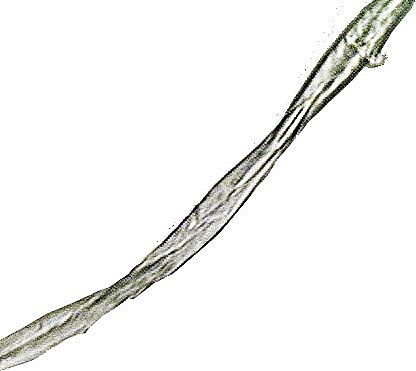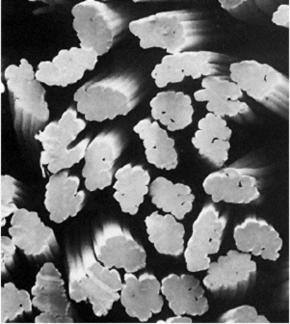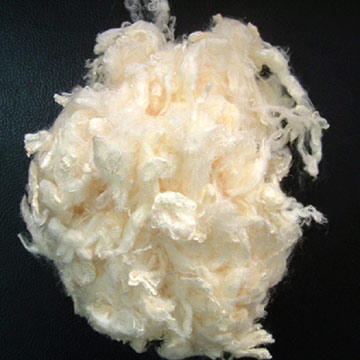Helping students, fashion-related businesses, and others better understand textile materials and textile products.
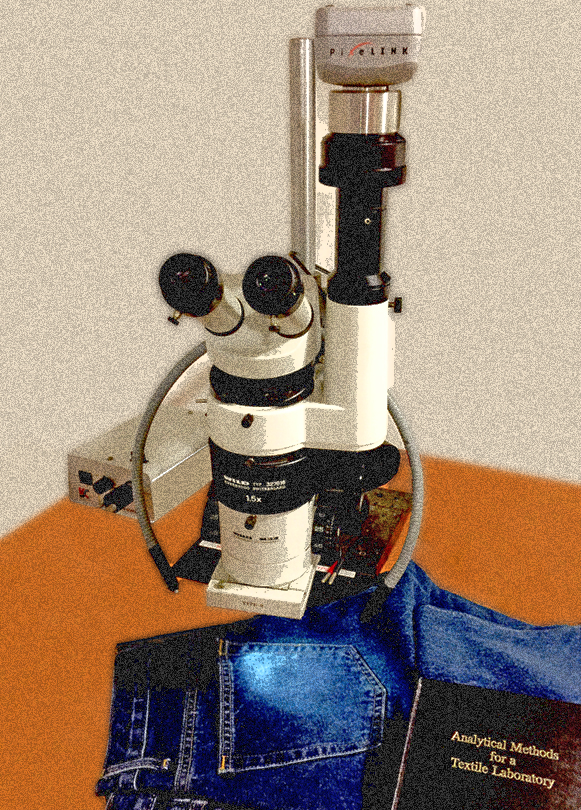
About Contex Analytical, LLC
Contex Analytical provides services to the textile, sewn products, and related industries. While Contex offers advisory services pertaining to routine standardized testing and product inspections, our main focus is cause and effect analysis pertaining to:· product design and innovation,· defect analysis and product liability,· insurance and damages claims (affected material inventories & equipment),· patent applications and patent infringement matters,· copyright and copyright infringement matters including both structural and surface design.
Work products:
Since its foundation in 1980, Contex has addressed matters involving textile materials, textile processing and sewn products from apparel through home textiles, toys, and children’s products.Also, industrial textiles and their applications.
Industrial clients:
Contex’s client list is diverse and includes: fiber producers and textile chemical suppliers, textile producers & suppliers, textile converters, sewn products manufacturers (including major design-houses), retail firms (including major corporations & distributors), automobile manufacturers,U.S. military, police & municipal services, insurance companies, claims adjusters, and salvers.
Legal matters:
Contex has provided expert witness testimony in countless arbitration proceedings and litigation representing both claimants and respondents in approximately equal numbers. Our credentials and work products have been accepted in several state courts including those of New York and California and in Federal courts— including those convened for U.S. Customs issues. Through services and testimony, Contex has been involved in international patent suits presented before the United States International Trade Commission (USITC.) in Washington, D.C.. Other work has pertained to civil matters such as personal injury and product liability lawsuits.
Locations:
Contex has provided services on location throughout the United States and Canada as well as in several Latin American, South American, European, and Asian countries.
Educational services:
In addition to analytical services, Contex provides both general and focused educational and training seminars & short courses. Clients have included: Giogio Armani, DKNY, U.S. military procurement personnel, R.H. Macy’s, Lenzing Fibers, and other.
Overview of Services
Legal Matters
Analysis and Expert Witness services to litigators engaged in intellectual property matters.
Quality Assurance
Analysis and evaluation of materials and textile products in relation to contract requirements, specifications, merchantability.
Education
Short courses, seminars, educational monographs, texts and PowerPoint presentations tailored to a client’s needs or downloadable generics.
Perceiving the World of Textiles
• Textile products include those fashioned from woven materials, those fashioned from knitted materials and those fashioned from non-woven materials. Generally, the properties of each category are distinctly different though all may have similar content-fiber, yarns (where applicable), and finishes.

• Textiles are the raw materials from which textile-products are made. Textiles include fabrics (cloth) and yarns but do not include fibers per se.
• Fibers having textile-utility can be used to manufacture textiles.
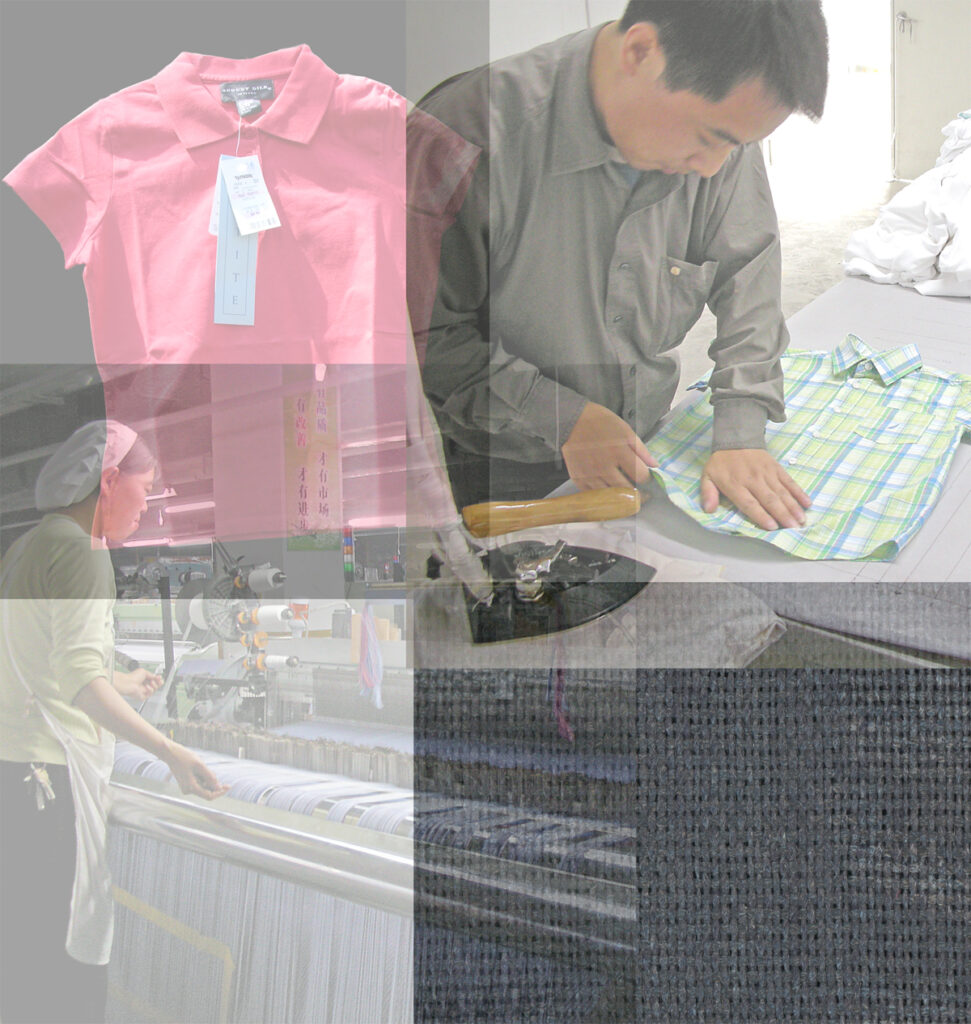
Though often inappropriately lumped together, sewn-products industries such as apparel manufacturing are distinctly different than typical textile industries. Sewn products industries are generally very labor-intensive, whereas textile industries tend to be capital-intensive and highly automated.
However, there are exceptions such as the sweater-knitting and hosiery trades where garment panels or even finished items are shaped on automated knitting machines. Hemming might finish an article, and, where applicable, panels are joined together by sewing or other technique such as looping.
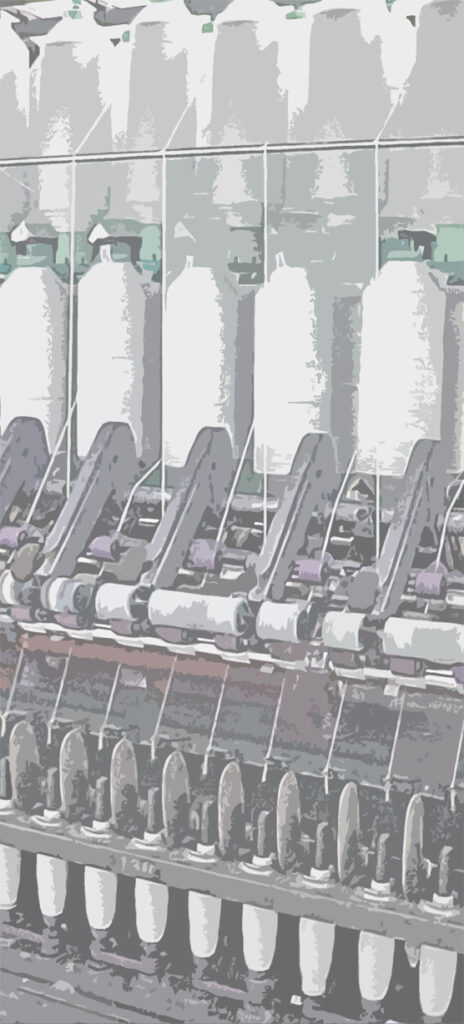
Textile manufactures encompass approximately thirty distinctly different industries, based on entirely different engineering technologies. Each utilizes specialized machinery. Because of these factors, textile mills, unlike sewn-products facilities, are generally not suited to flexible manufacturing since they cannot be easily retrofit and reorganized to produce something entirely different.
Perspectives
Quality & Value
Quality is a measure of excellence not to be confused with qualities, which is a reference to distinguishing characteristics.
The quality of textiles and textile-products can be associated with excellent materials and skilled workmanship. Such appeal to one’s sense of aesthetics, or, in other instances, quality is judged solely on utility and functional performance. To a large extent, quality can be objectively measured through standardized testing— especially in terms of performance.
The value of textiles and textile-products is a subjective notion. It is always based on individuals’ personal appreciation and esteem. Value may be understood in sentimental terms, monetary worth, status, and more.
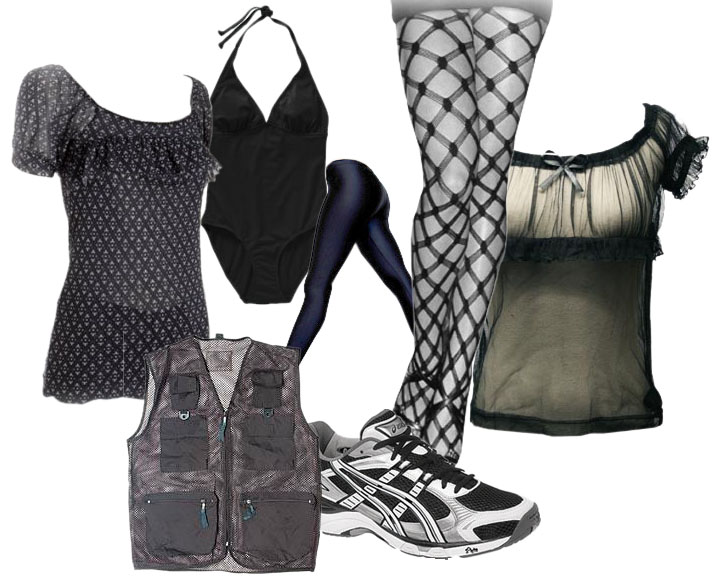
Quality Assurance
